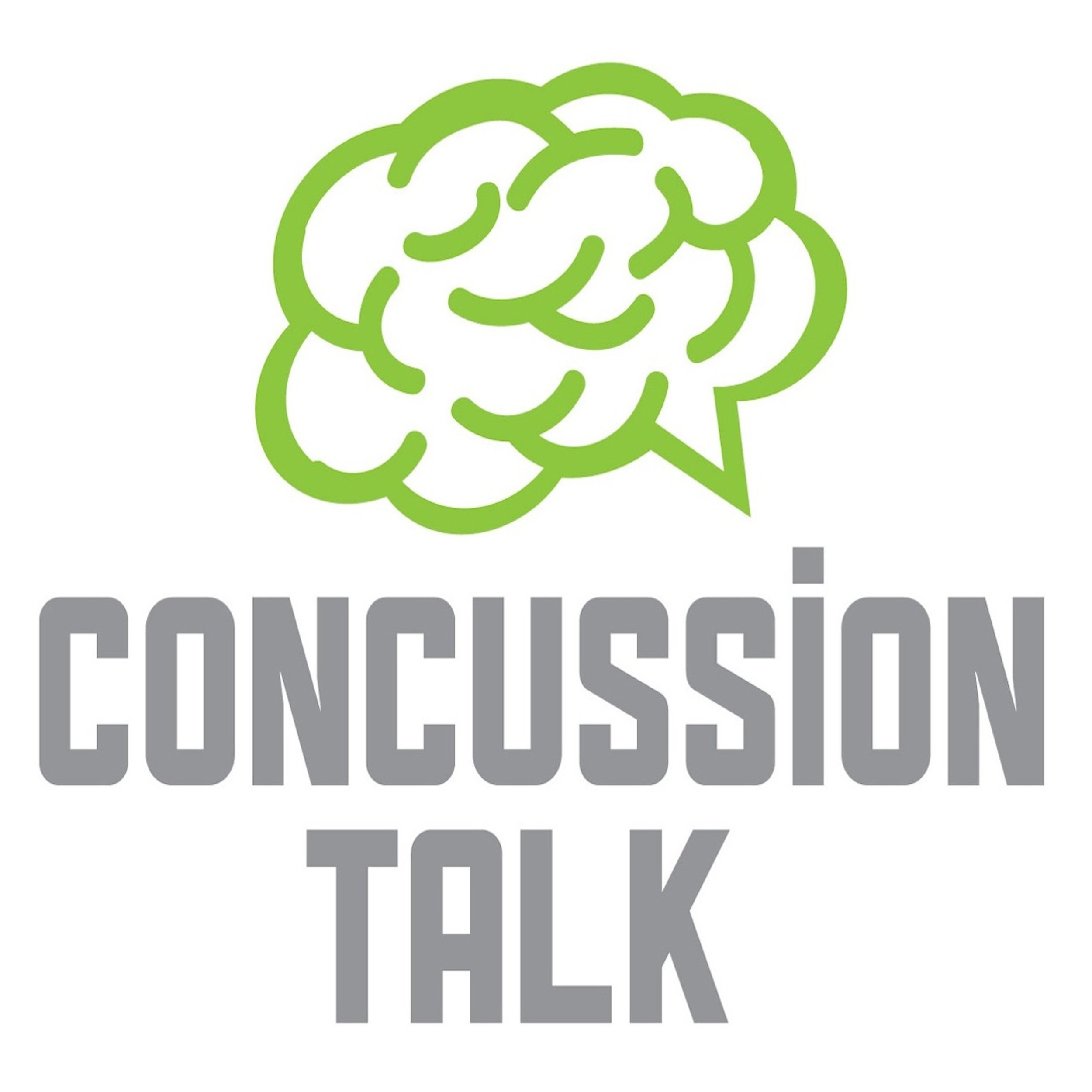Welcome to the RST blog!
Blog posts and other resources to help you with concentration, memory, organization, and more.
-

Speech Uncensored Podcast
-

Concussion Talk Podcast
-

The Concussion Community
Identifying sources of stress after a concussion
A concussion can make it harder to identify sources of stress. You may feel constantly stressed and have trouble problem-solving your next step. Learn how to check your stress METER and decide what to do next to decrease stress.
Why you should track your symptoms + 4 easy tools to help
A symptom tracker is one of the best tools to help you understand symptom triggers and feel better. Learn what you should be tracking and 4 tools for tracking your symptoms.
Time Pressure Management
Time Pressure Management is a strategy that helps decrease stress after traumatic brain injury. It teaches you to anticipate time pressure and make a plan so your brain feels less overwhelmed.
How to stay on-task after a concussion
People with post-concussion syndrome may start 10+ things during the day and not finish any of them. Learn strategies to help you stay on-task despite distractions and interruptions.
How to study after a concussion: My go-to strategy
I had two brain injuries in grad school! My speech-language pathologist taught me a study strategy that uses your four learning “modes” to make information stick better, faster. This is my go-to study strategy now and my patients love it!
Priming, Pacing, Planning, and Pairing
The Four Ps help you conserve mental energy so you don't crash as quickly after a brain injury.
How to Prioritize after a Concussion
These steps will help you remember how to prioritize after a concussion. Get a checklist for prioritizing tasks so they don’t stay on your to-do list and you start getting them done.
Alternative Treatments for Post Concussion Syndrome
Complementary and alternative therapy is becoming more common for post concussion syndrome. If you are struggling with cognition now and have already tried traditional therapy, adding some complementary/alternative therapy may be beneficial.
Why you should start a brain dump.
Get a step-by-step guide to organizing your thoughts and to-dos. This strategy will help you stay focused and get more done after a concussion.
Is My Brain Broken?
After a concussion, memory and other cognitive problems might make you feel like your brain is “broken.” This post explains what a concussion does to brains and why that’s not true!
Understanding Sleep and Concussions
Sleep disturbance is the second most common concussion/mTBI symptom. Learn about how sleep works, why it’s affected by brain injury, and tips for better sleep.
Concussion Symptoms: How to Deal with Sensory Overload
If noise, lights, textures, and more bother you after a concussion, you are not alone! Noise and light sensitivity are very common after a concussion. Other senses bother people, too. Learn about why this happens and the top 5 strategies to keep your brain from shutting down when you leave the house.
Concussion symptoms: Managing cognitive overload
Cognitive overload is a common complaint for people with persistent concussion symptoms. Noise, lights, conversations, multi-step tasks, and more can overwhelm your brain. Learn why cognitive overload happens and the top strategies for managing it.
Moving Forward with Post Concussion Syndrome: 7 Next Steps
PCS is diagnosed when concussion symptoms don’t go away after a few weeks or months. PCS can seriously disrupt your life, and recovery is a little complicated! But, there are definite next steps you can try that have helped a lot of people. Read about these 7 next steps to try.
How to Tell if You’ve Had a Concussion + 5 Next Steps to Take
It surprises some people to learn that a concussion is actually a mild traumatic brain injury. A concussion can happen after any bump or jolt to the head. Learn more about typical concussion symptoms and what you can do if you think you’ve had a concussion.
My Concussion Story + Why I started Rethink Speech Therapy
Welcome to RST! My name is Kara Focht and I’m a medical speech-language pathologist, concussion survivor, and brain wellness advocate. I started RST to fill in some gaps I found in cognitive therapy for both patients and therapists. This is a new adventure for me, so please explore and let me know what you need!

















